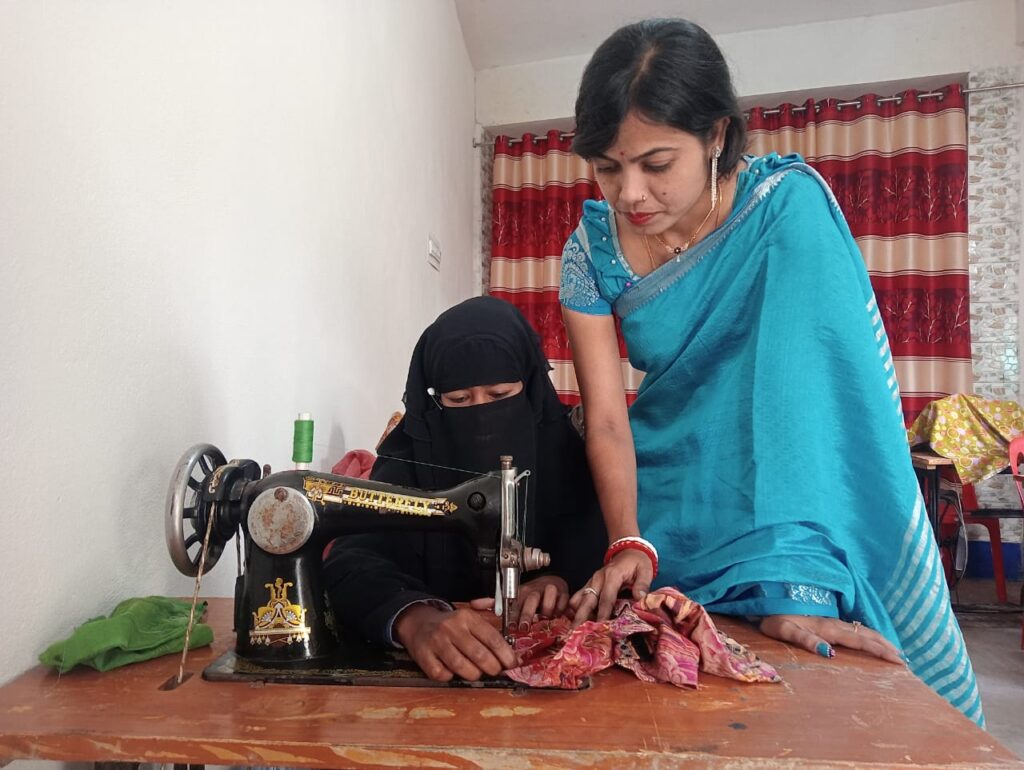Empowerment
A commitment to support the underprivileged, empowering them through essential training to attain self-sufficiency.
Empowering lives, sparking change, shaping futures together
In Bangladesh, women’s empowerment is a crucial component of societal advancement and is extremely important for both individual women and the country at large. Gender equality is not the only reason to empower women; it is also an investment in the progress of communities and the country. Women who are empowered make major contributions to social progress, economic expansion, and societal well-being.

Despite these facts, numerous challenges hinder women’s empowerment in Bangladesh. Societal norms and cultural practices often perpetuate gender disparities, limiting women’s access to education, healthcare, and employment opportunities. Discriminatory practices, including early marriage and lack of property rights, further restrict women’s autonomy and economic independence. Additionally, a lack of supportive policies and gender-sensitive infrastructure poses obstacles for women seeking to balance family responsibilities with professional aspirations.
empowering underprivileged women to pursue their goals with newfound confidence:
Through proactive initiatives, Amal aims to uplift women facing adversity, offering them the essential tools and skills through targeted training programs. Following are the initiatives that serves as a stepping stone towards independence, mitigating child marriage issue, etc. The initiatives are –
- Sewing & Stitching
- Block Printing & Embroidery Technique
- Climate Smart Agricultural Technique
- Animal Husbandry
- Leadership & Communication
- Financial Literacy
- Zakat Empowerment Project

Amidst this transformative landscape, Amal recognizes that women in deprived communities harbor aspirations and an inherent drive to effect positive change. These women strive not only to support themselves but also to pave the way for a better future for their children, standing resolutely on their own feet. Witnessing this untapped potential, Amal ardently commits to bridging the gap for these disadvantaged women who find themselves perpetually marginalized.

Related Empowerment Programs
Under the Hope Skill Center project, 20 women from Koyra,
The Shawnirvor Project, implemented in the Khulna region (Maharajpur, Uttor
The Amal Tailoring Center is a one-year skill development initiative
This project is a structured training program designed to equip